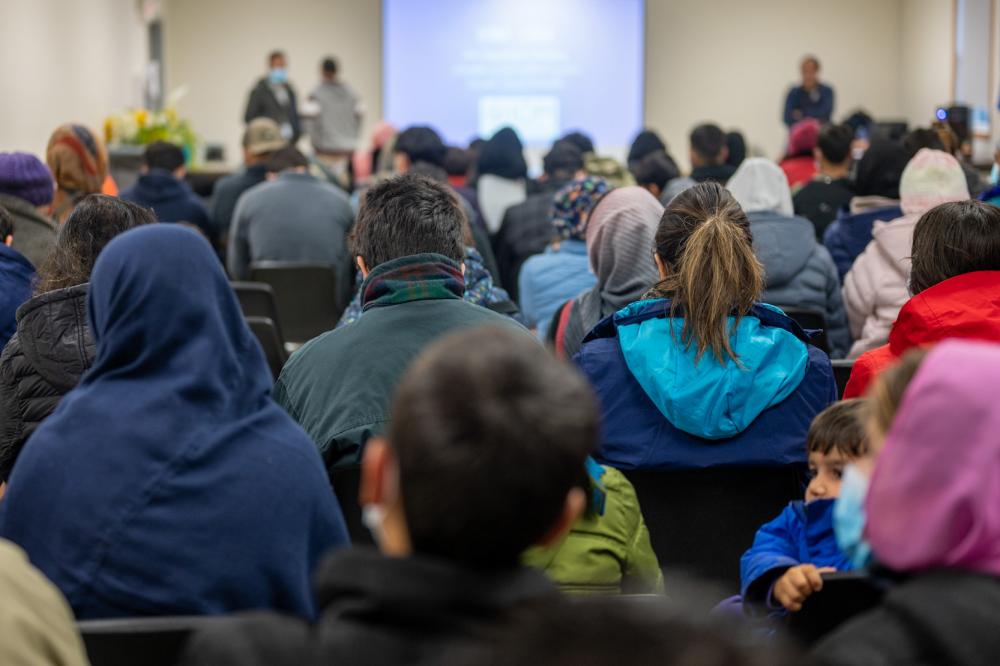Why hasn’t there hasn’t been a middle class revolution in The United States? Rob Ferrett and Veronica Rueckert ask Robert Reich. They also learn about the “monuments men” of Wisconsin–those men that tried to save classic works of art during World War II. Then, a look at the news of a new Pentagon budget that would shrink the Army and military pay and benefits.
Featured in this Show
-
'Monuments Men' Of New Film Have Wisconsin Ties
With the release of the film “Monuments Men” this month, Hollywood is shining a rare light on the work of archivists, librarians and historians who saved priceless treasures during and after World War II.
The film, directed by actor George Clooney, features the work of the Monuments, Fine Arts and Archives Section of the U. S. Army (MFAA), a group of academics who were sent to Europe to preserve art and artifacts in the midst of the bombings and lootings of the war. The group, known as the “Monuments Men,” originally included 30 scholars, but grew to more than 300 — including women — and continued to find and return art long after the war was over in 1945.
Among them were academics associated with the University of Wisconsin, including Jesse Boell, director of University Archives, and Gilbert Doane, director of University Libraries.
According to current director of archives, David Null, the pair were committed to their mission.
“They felt deeply about what they were doing,” he said. “They were trying to preserve very important cultural artifacts of western civilization.”
Boell spent much of his time in the MFAA recovering documents stored in German salt mines as “the U.S. was trying to preserve those documents as records of what the Nazis were doing,” said Null. Art stolen by the Nazis, as well as government documents, were stored in salt mines to prevent them from being destroyed in bombings.
One of the most difficult tasks the group was charged with was returning art stolen from Jewish families. While artwork that was housed in museums was well documented, it was more of a challenge in dealing with art that was a part of private collections,
“You don’t have one comprehensive list of what was stolen or destroyed,” Null said. “They had to figure out what was there, they had to catalogue it, and they had to figure out where it came from.”
According to Null, the Nazis destroyed a lot of artwork along with what they stole.
“The Nazis destroyed a lot of what they considered to be degenerative art,” which included modernist paintings from artists like Pablo Picasso, Null said.
While the Monuments Men found and returned a large number of artifacts, a lot of art that went missing during World War II remains unaccounted for. The film has attracted popular attention to the work of archivists and the struggle to find art that went missing.
“It’s been interesting for us,” said Null. “Archivists, librarians, and art historians don’t get a lot of publicity.”
-
New Pentagon Budget Proposal Shrinks Army And Benefits
Today Secretary of Defense Chuck Hagel announced the latest Pentagon budget, which would shrink the size of the United States Army to its smallest size since World War II and cut military pay and benefits. A national defense expert puts this news in context and explains how these proposals might be received by Congress, which has to approve the military budget.
-
University of Wisconsin's Monuments Men
The new film “Monuments Men” features the archivists and historians who went to Europe during World War II to save monuments and return stolen art. Two men from the University of Wisconsin contributed to that effort.
-
Why Hasn't There Been A Middle Class Revolution?
Wages have stagnated, income disparity is at an all-time high in the United States, the ranks of the poor are swelling…so why hasn’t there been a revolution in America yet? An expert on labor in the U.S. explains why he thinks it hasn’t happened.
Episode Credits
- Rob Ferrett Host
- Veronica Rueckert Host
- Galen Druke Producer
- Amanda Magnus Producer
- David Null Guest
- Mieke Eoyang Guest
- Robert Reich Guest
Wisconsin Public Radio, © Copyright 2025, Board of Regents of the University of Wisconsin System and Wisconsin Educational Communications Board.

